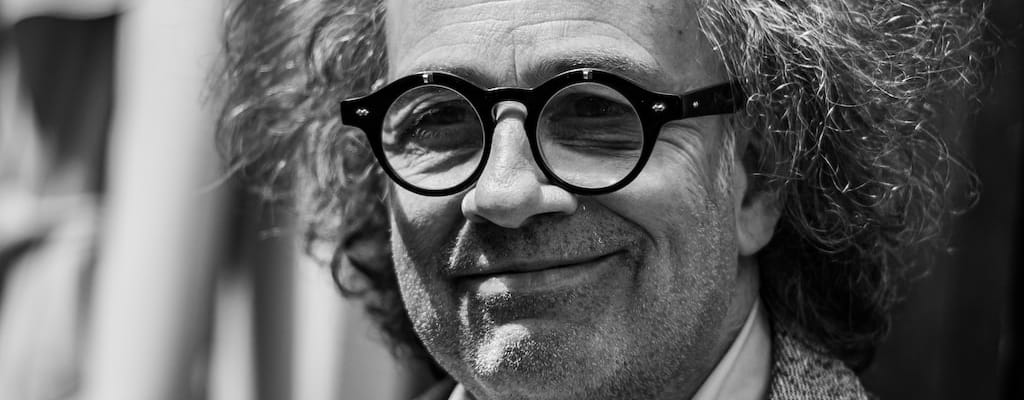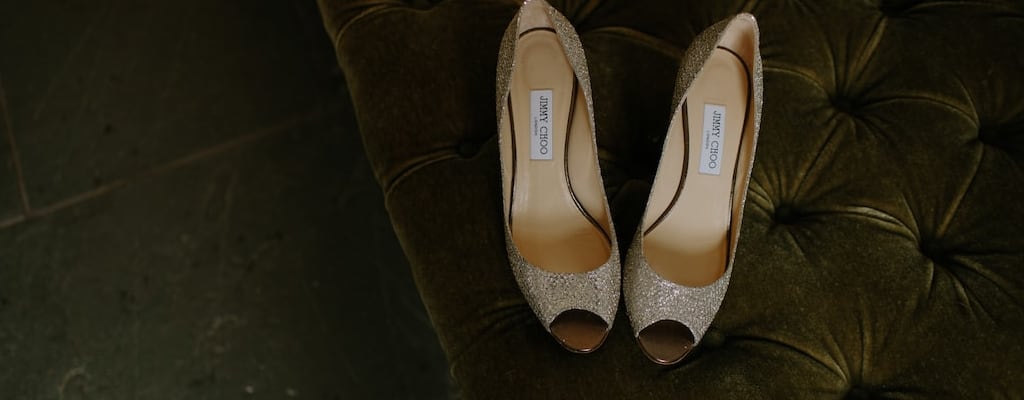catbird seat: Idiom Meaning and Origin
What does ‘catbird seat’ mean?
The idiom "catbird seat" means to be in a favorable or advantageous position. It implies being in control or having the upper hand in a situation. The origin of this idiom is uncertain, but it gained popularity through its usage in sports commentaries.

Idiom Explorer
The idiom "king's cushion" refers to a position of power or privilege. It implies being in a comfortable and influential role that is highly regarded and protected. This idiom is often used to describe someone who has a coveted or enviable position in society.
The idiom "king of birds" refers to the bird that is considered the most powerful, dominant, or superior among other birds.
The idiom "in the lead" means to be in a leading or winning position, often in a competition or race.
The idiom "in the hot seat" means to be in a difficult or uncomfortable position, often under scrutiny or facing intense questioning.
The idiom "in the front row" means to be in a prominent position or to have a key role in a situation or event.
The idiom "in the driver's seat" means to be in control or have the power to make decisions. It refers to being in a position of authority or leadership.
The idiom "in one's back pocket" means to have complete control or influence over someone or something.
The idiom "hold the cards" means to have the control or power in a situation.
Unraveling the Enigma
The idiom "catbird seat" is a common phrase used in the English language. It refers to a favorable or advantageous position or situation wherein one has control or power over others. This idiom is related to other idioms such as "box seat", "in the driver's seat", and "in the driving seat". Let's explore these idioms and how they connect to the concept of being in the catbird seat.
One prevailing theory suggests that the idiom might have its roots in the American South, specifically in the game of baseball. In this theory, the catbird is compared to a pitcher, as both are agile and in control of the situation. The phrase might have been influenced by the southern accent, where "catbird" could sound similar to "caught bird." However, there is limited evidence to fully confirm this origin.
When we think about a "box seat", it is similar to being in the catbird seat. In both cases, you are in a privileged position, able to observe and have control over the situation. A box seat in a theater or sports event gives you a front-row view and a sense of authority. Similarly, being in the catbird seat means having an advantageous position.
In contrast, "in the driver's seat" is another related idiom that conveys a sense of control and power. When you are in the driver's seat, you are in charge, able to navigate and direct the course of actions. This idiom highlights the idea of being in a dominant position, much like the catbird seat.
Similarly, "in the driving seat" has a similar meaning to "in the driver's seat". It refers to being in control and having authority over a situation. When you are in the driving seat, you are the one who is leading and making decisions. This idiom aligns with the concept of being in the catbird seat, where you have the upper hand and control over others.
Another possible origin for the "catbird seat" idiom comes from the writings of American author James Thurber. In his short story "The Catbird Seat," published in The New Yorker in 1942, Thurber popularized the phrase. The story features a protagonist who finds himself in a advantageous position to get rid of an annoying co-worker. The phrase gained popularity and has since become a part of everyday English usage.
James Thurber's use of the phrase "catbird seat" provides a vivid example of how someone can be in a position of advantage. The protagonist in his story is in control and has the upper hand in dealing with his co-worker. This aligns with the concept of being in the catbird seat, where one has the power and control in a situation.
The primary meaning of the idiom is to describe a position of advantage, especially in a competitive or confrontational context. It implies being in control or having the upper hand. The phrase is often used in business, sports, and other contexts where someone is observed to have a dominant position.
When we think about the related idioms "box seat", "in the driver's seat", and "in the driving seat", they all share a common theme of being in a position of control and advantage. Just like being in the catbird seat, these idioms highlight the power and authority that comes with being in charge or having the upper hand.
Over time, the idiom has evolved slightly in its usage. While its original meaning still remains prominent, it has also been used to describe a sense of being comfortable and content in a secure situation. The connotation of being in a position of strength or authority may also convey a certain level of confidence and ease.
The use of related idioms like "box seat", "in the driver's seat", and "in the driving seat" further reinforces the idea of being in control and having the upper hand. These idioms add depth and variety to the concept of being in the catbird seat, showcasing different scenarios where one can have an advantageous position.
Despite its widespread use, the exact imagery and symbolism behind the idiom remain uncertain. The influence of baseball and the innovative writings of James Thurber may have contributed to its popularity and enduring usage. However, the etymology of the idiom, and how it came to represent such a specific concept, remains a fascinating and thought-provoking mystery.
Example usage
Examples of the idiom "catbird seat" used in a sentence:
- She finally got the promotion she wanted, and now she's sitting pretty in the catbird seat.
- The quarterback entered the game in the fourth quarter with a three-point lead, putting his team in the catbird seat for victory.
- After successfully negotiating a favorable contract, the company found itself in the catbird seat, enjoying a competitive advantage over its rivals.
More "Idioms" idioms



